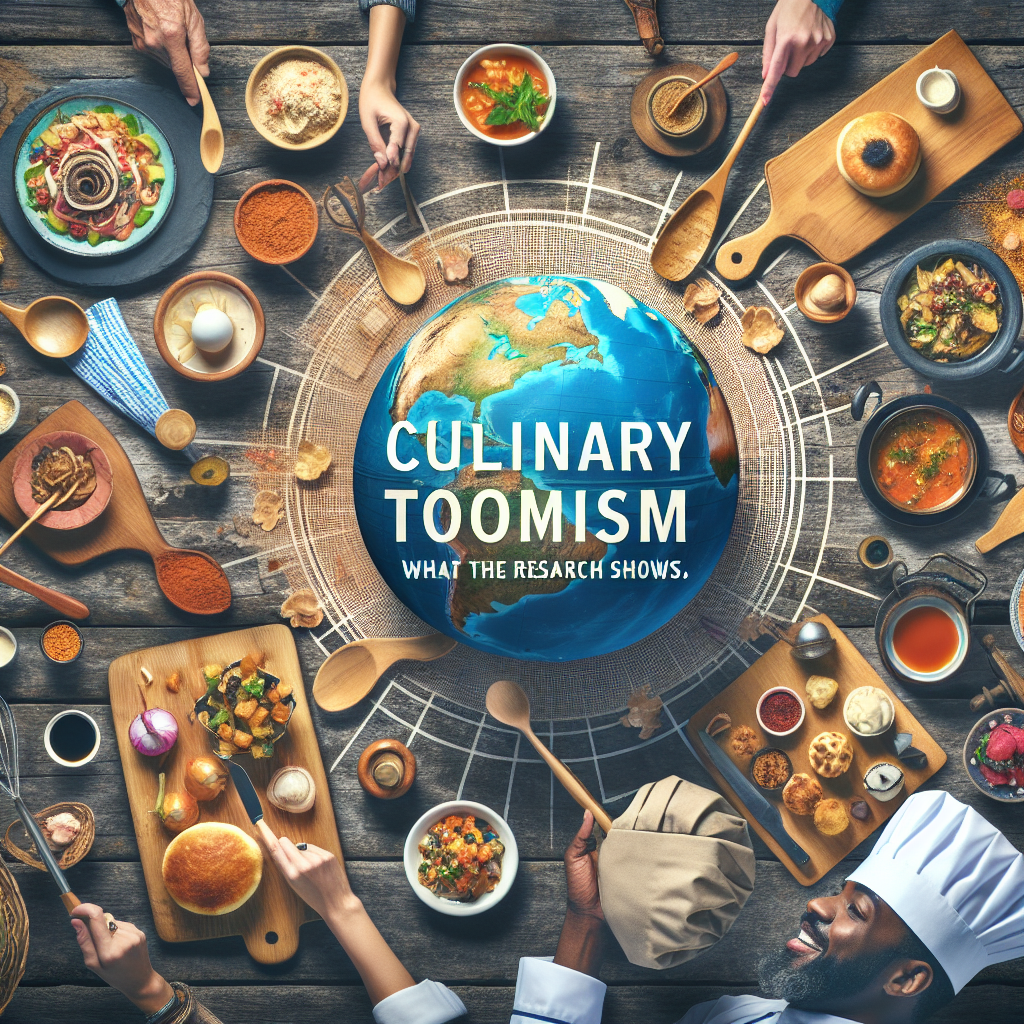Breaking News — Culinary tourism has taken a sharp turn upwards, skyrocketing in recent years as more travelers around the globe seek out unique food experiences as they explore new destinations. This isn’t simply about trying local cuisine-it’s about engaging with culture through gastronomy, learning historical contexts by sampling age-old recipes, and connecting with locals through shared meals.
The boom in culinary tourism isn’t just affecting the travel industry; it’s reshaping educational landscapes. From cooking classes and workshops to full-fledged degree programs focusing on world cuisines, the academic world is scrambled to respond to an increasing demand for knowledge around global food cultures.
Industry Overview
Culinary tourism, once a niche market, now occupies substantial space within overall tourism revenue-according to recent studies.

Current Trends
Travelers are increasingly seeking immersive experiences; hands-on cooking courses oversell while gastro-themed walking tours book out months ahead.
Key Players
Institutions such as Le Cordon Bleu are extending beyond traditional curriculum boundaries offering short-courses targeting ‘gastronauts.’
Creative Process
The design of these courses often involves collaborations between educators and local restaurateurs or renowned chefs—balancing theory with practical know-how.

Market Dynamics
The market is growing at unprecedented rates with Asia-Pacific showing the strongest growth trajectory, driven by an emerging middle-class and a rich culinary tradition.
Audience Response
First-hand accounts reveal that these curated culinary experiences often serve as the highlight of their journeys. They bring back not only memories but also skills they can apply in their kitchens—turning food into souvenirs.
Industry Challenges
Navigating authenticity is a key challenge. Ensuring traditional practices are maintained while meeting Western safety standards forms another complex equation to decode.

Future Directions
Digital platforms supporting virtual ‘cook-alongs’ may offer intriguing solutions for those unable to travel or seeking affordable options.
‘Food diplomacy’ takes on new meaning as people use cuisine as a pathway towards understanding and appreciating different cultures.
We stand on the precipice of what could spark profound change within both tourism and education sectors. As we forge connections using food as our universal language, we learn more than just how to prepare dishes—we break down barriers and foster global unity.
P

